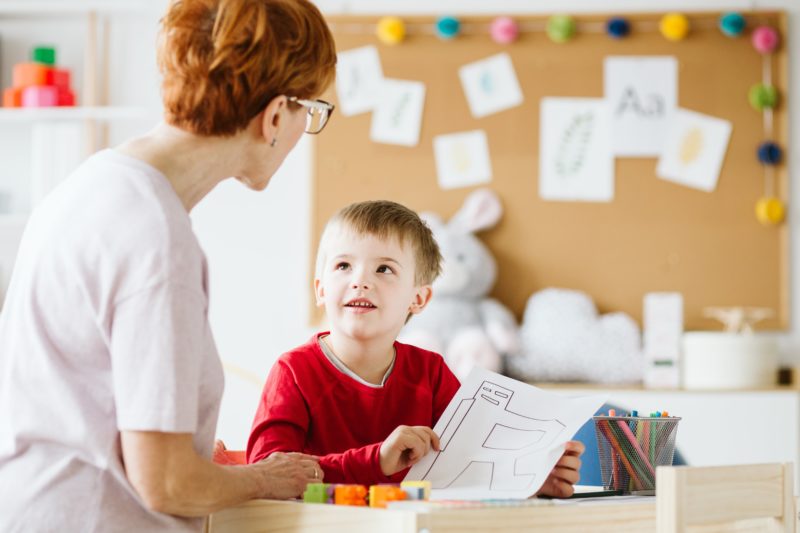Paediatric Occupational Therapists (OT) are regulated health care professionals that work with children and adolescents by assisting them in overcoming unique challenges they are experiencing within their everyday lives in regards to self-care, leisure and productivity. Some of the areas that Occupational Therapists work with children and adolescents to build strengths and overcome challenges include:
Social and Play Skills
- Whole-body listening
- following the group plan
- eye contact
- flexible and stuck thinking
- size of the problem
- hidden rules
- sharing and turn-taking.
Communication Skills and Confidence
- Appropriate communication
- asking for help
- asking to play with a peer or within a group
- eye contact.
Emotional Regulation and Behaviour
- Expected and unexpected behaviours
- deep breathing and sensory strategies to keep calm
- identifying emotions
- overcoming adversity.
Sensory Processing
- Modulating the body
- processing the surrounding environment
- body awareness.
Handwriting
- Letter formation
- handwriting speed
- pencil/pen grip
- using helper hand
- utilising dominant hand
- crossing the midline.
Gross Motor Skills
- Running
- Balancing
- Skipping
- stable posture
- catching and throwing a ball
- riding a bike
Fine Motor Skills
- Drawing
- Writing
- cutting with scissors
- tying up shoelaces
- doing up buttons and zippers.
Visual Attention
- Focusing attention
- filtering out irrelevant information
- visual scanning.
Self-care Skills
- Toileting
- teeth brushing
- Bathing
- Showering
- brushing hair
- Dressing
- organisation.
Attention
- Awareness
- alternating attention
- flexible thinking
- focusing on important tasks.
Eating
- Picky/ fussy eating
- sensory foods
- meal preparation
- breaking down the task
- Positioning
- engagement.
Through focussing on these areas within the child or adolescents life, OTs are working with the child and their family in developing their confidence, self-efficacy, self-esteem and well-being. Paediatric OTs use purposeful activities which may include fun games, jumping and obstacle courses which intend to assist children to become as independent as possible within their everyday lives and to ensure they are able to engage in meaningful activities.
Paediatric OTs are trained to be highly holistic and understand that everything is intimately interconnected. This ensures that nothing is missed or overlooked when therapy is implemented. Furthermore, through utilising a client-centred approach which includes demonstrating respect for clients and their families, involving clients and families in decision making, advocating with and for clients needs and recognising the clients and families experience and knowledge, OTs create a collaborative partnership to overcome various challenges that are being experienced. Paediatric OTs build on clients and their families strengths which is a highly empowering and engaging approach to therapy as these strengths positively promote the achievement of relevant goals for the client and family.
Where Do Paediatric Occupational Therapists Work
- Schools.
- Community health centres.
- Hospitals.
- Private practice and specialist clinics.
- Disability services.
- Department of education.
- Child and youth mental health services.
Within these environments, Paediatric OTs work collaboratively with teachers, disability support workers, parents, staff, community members and other allied health team members, such as Speech Pathologists. OT’s help children to overcome their challenges and achieve their goals. This may be through working with them during one-on-one sessions, observing the child within their environment, as well as assisting the child’s parents, teachers and community support to identify any difficulties the child might be having, conveying how this may impact on their learning or participation, as well as coming up with strategies to overcome any challenges. Furthermore, the OT is able to recommend equipment and community resources that are readily available to assist the child within their therapy journey. Through the OT sharing their knowledge and working collaboratively with others, they enhance the capacity of these individuals to work with the unique child, while additionally utilising their profound knowledge and skills to assist the child directly.
If you would like to know how an Occupational Therapist can assist your child, please give us a call on 02 9913 3823.



